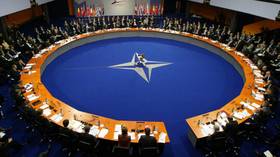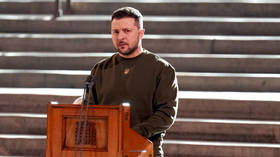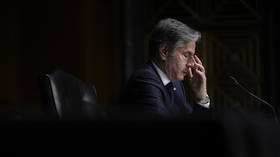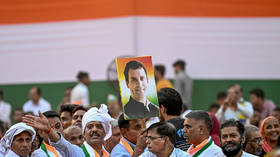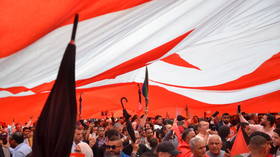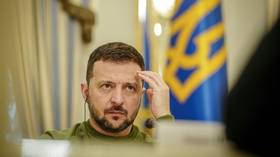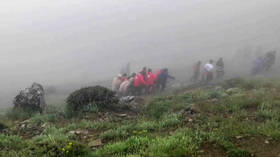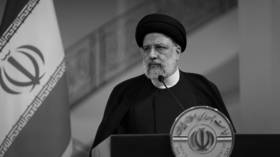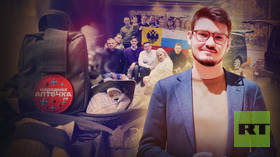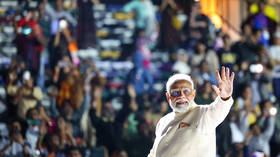Baltic state backs sending NATO troops to Ukraine
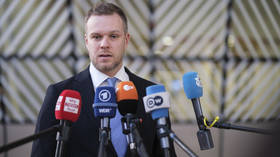
NATO could create a coalition of military instructors to be sent to Ukraine, Lithuanian Foreign Minister Gabrielius Landsbergis suggested in an interview with The Guardian on Thursday. If such a deployment goes ahead, participating nations would need to provide their military personnel with additional air defense cover, he said.
In recent months, French President Emmanuel Macron has repeatedly refused to rule out the idea of sending NATO troops to Ukraine, describing his comments as part of the West’s “strategic ambiguity.” Several other member states have pushed back on Macron’s comments, however, insisting they have no plans to deploy troops.
NATO Secretary-General Jens Stoltenberg said on Wednesday that the US-led military bloc “has no intention of deploying forces to Ukraine,” adding that Kiev has not made such a request.
Speaking to The Guardian on Thursday, Landsbergis said it would be “more practical” to train Ukrainian troops in their home country rather than on NATO soil.
“You don’t need to transport them all the way. You have everything that they need right there,” he said. “It could be that the trainers stationed as part of the coalition to train the Ukrainians in Ukraine could be defended with air defense.”
According to the diplomat, such a move would send a message to Russian President Vladimir Putin that “it’s not up to him to decide the way that we’re helping Ukraine.”
Landsbergis also revealed that the Lithuanian parliament has already given the green light to a potential training mission. He noted, however, that Vilnius would prefer to do it as part of a broader coalition with other Western nations.
On Wednesday, Polish Prime Minister Donald Tusk revealed that “there are some [NATO] troops there, I mean soldiers” in Ukraine. He clarified that these are “observers [and] engineers.” He said that NATO has no desire to further embroil itself in the Ukraine conflict for fear that a “nuclear war could break out.”
A day earlier, Russian President Vladimir Putin claimed that the “entire Western community is working for our enemy, dreaming about Russia ceasing to exist in its current form.”
Speaking during a press briefing earlier this week, Kremlin spokesman Dmitry Peskov said that tactical nuclear weapons drills announced on Monday were a response to a new and “unprecedented” escalation of tensions on the part of some top Western officials.
“They talked about the readiness and even the intention to send armed contingents to Ukraine, that is, to actually put NATO soldiers in front of the Russian military,” he clarified.
